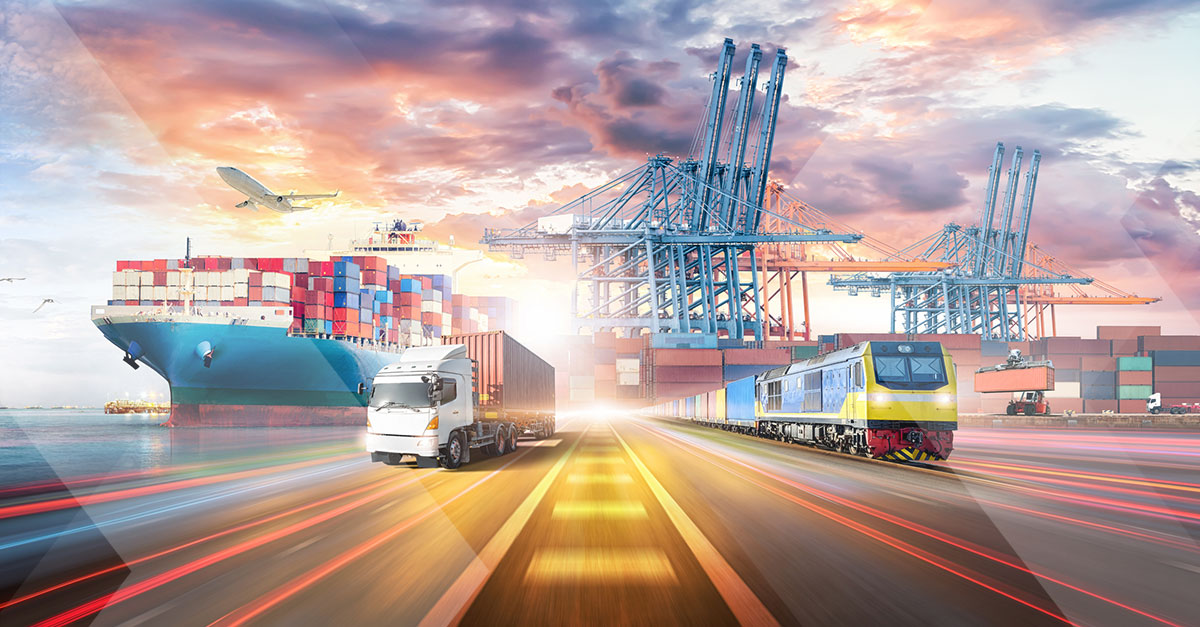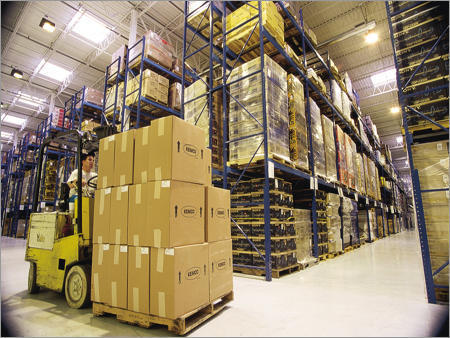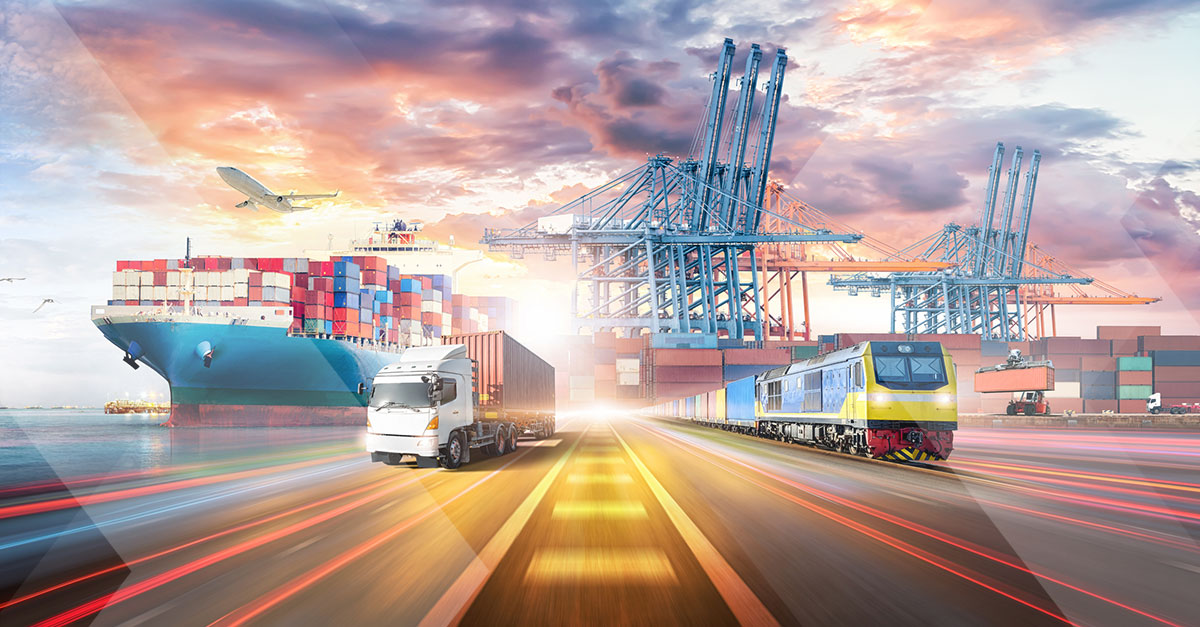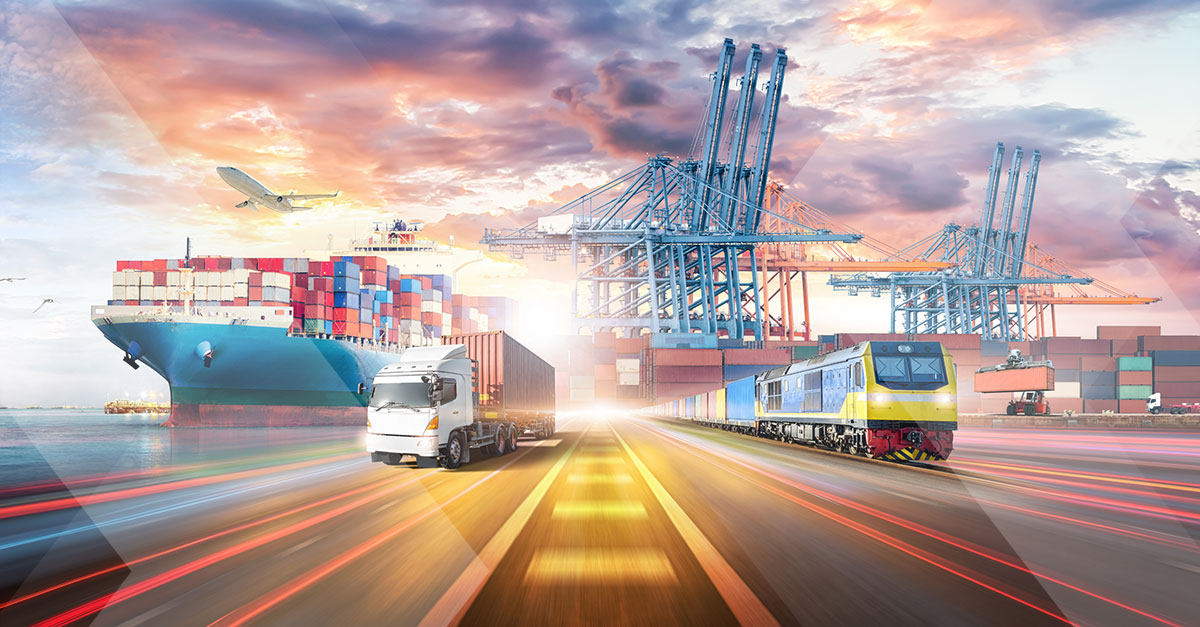How AI is Revolutionizing Logistics Solutions

In today’s fast-paced, hyper-connected global economy, logistics solutions company face unprecedented challenges. The pressure to streamline operations, reduce costs, meet evolving customer expectations, and navigate unpredictable supply chain disruptions has never been greater. Artificial intelligence (AI) is emerging as a game-changing solution, transforming how logistics companies operate by increasing efficiency, improving decision-making, and unlocking new growth opportunities. From optimizing routes and warehouse management to predictive analytics and customer service, AI is revolutionizing the logistics landscape. In this article, we'll explore how AI is reshaping logistics solutions and what the future holds for this transformative technology.
The Current State of Logistics
Logistics is the backbone of modern commerce, ensuring that goods are moved from manufacturers to consumers efficiently and cost-effectively. Traditionally, the logistics sector has been labor-intensive, involving manual processes, legacy systems, and reactive decision-making. However, with globalization, the complexity of supply chains has increased exponentially. Logistics providers are now tasked with handling larger volumes of goods, shorter delivery windows, and complex global trade regulations.
While technology has been integral to the logistics industry for decades, AI's rise is proving to be a true game-changer. Companies are adopting AI-driven technologies to automate tasks, improve accuracy, and make data-driven decisions, which ultimately helps them stay competitive in an increasingly demanding marketplace.
1. AI-Powered Route Optimization
One of the most immediate and impactful applications of AI in logistics is route optimization. With the help of AI, logistics companies can analyze vast amounts of data—such as traffic patterns, weather conditions, delivery windows, and fuel costs—to find the most efficient routes for their fleets. This not only reduces fuel consumption and travel time but also helps meet the growing consumer demand for faster deliveries.
Traditionally, route planning relied on static maps and historical data, which could not account for real-time changes. AI-powered tools, however, use real-time data to adjust routes on the fly. For example, if an unexpected traffic jam or severe weather event occurs, the system can reroute the vehicle automatically, ensuring timely delivery while minimizing disruptions.
Moreover, AI can analyze patterns over time and predict the most likely delays, such as seasonal weather patterns or recurring traffic bottlenecks, enabling logistics companies to take proactive measures.
2. Warehouse Automation and Management
Warehousing is another area where AI has had a transformative impact. AI-driven warehouse automation is reducing human error, enhancing efficiency, and lowering costs. Warehouses are increasingly becoming "smart" with the integration of robotics, IoT (Internet of Things) devices, and AI algorithms.
AI in warehouse management systems (WMS) allows for intelligent inventory management. It can predict inventory needs based on sales trends, optimize the placement of goods to reduce the time spent picking items, and automate repetitive tasks such as sorting and packaging. For example, robots guided by AI can work around the clock, picking and packing goods much faster than human workers while reducing errors.
Predictive maintenance is another advantage of AI in warehouses. By analyzing data from sensors on machinery, AI can predict when equipment is likely to fail, allowing for preemptive maintenance that reduces downtime and ensures smooth operations.
3. Supply Chain Visibility and Predictive Analytics
One of the biggest challenges in logistics is the lack of end-to-end supply chain visibility. This is particularly critical in global trade, where goods move across multiple regions, each with its own regulations and potential bottlenecks. AI addresses this issue by providing real-time visibility into every step of the supply chain.
AI-driven platforms can aggregate data from various sources, such as shipping documents, sensors on cargo, and real-time tracking systems, to provide a comprehensive view of the supply chain. This allows logistics providers to monitor the movement of goods in real time, anticipate delays, and make informed decisions to keep the supply chain running smoothly.
Predictive analytics, powered by AI, takes supply chain visibility to the next level. By analyzing historical data, AI can predict future trends and identify potential risks, such as supplier delays, changes in demand, or geopolitical disruptions. This enables logistics companies to take preemptive action, reducing the impact of unexpected events and improving overall efficiency.
4. Enhancing Customer Service with AI
In an era where customer expectations are higher than ever, logistics companies must find ways to provide exceptional service. AI is playing a critical role in enhancing customer service by providing personalized experiences and improving communication throughout the delivery process.
Chatbots and virtual assistants, powered by AI, can handle routine customer inquiries, such as tracking orders or providing delivery updates. These AI-driven tools can process vast amounts of data quickly and respond to customers in real-time, reducing the need for human intervention. Furthermore, AI can analyze customer behavior and preferences to provide personalized recommendations, such as preferred delivery windows or alternative pickup locations.
Additionally, AI can help logistics companies manage customer complaints more efficiently. By analyzing patterns in customer feedback, AI can identify common pain points and suggest solutions, ultimately improving customer satisfaction.
5. AI in Demand Forecasting
Accurate demand forecasting is crucial for logistics companies to optimize their operations and avoid overstocking or understocking. Traditional forecasting methods often rely on historical data and manual input, which can be inaccurate or outdated.
AI-driven demand forecasting tools, on the other hand, can analyze vast amounts of data from multiple sources, including sales data, market trends, and even social media activity. By identifying patterns and predicting future demand, AI allows logistics companies to adjust their inventory levels accordingly, reducing costs associated with excess stock or missed sales opportunities.
Moreover, AI can also account for external factors, such as economic shifts or geopolitical events, that could impact demand. This level of sophistication allows logistics providers to stay agile in a rapidly changing market.
6. Sustainability Through AI
Sustainability is a growing concern for logistics companies as consumers and businesses alike demand greener supply chain practices. AI is helping the industry meet these demands by optimizing fuel consumption, reducing waste, and improving overall resource management.
For example, AI can be used to optimize vehicle loads, ensuring that trucks are fully utilized before they hit the road, reducing the number of trips and fuel consumption. Similarly, AI-powered energy management systems can optimize warehouse energy use, reducing carbon footprints.
In addition, AI can help logistics companies measure their environmental impact by analyzing data on emissions, fuel consumption, and other key metrics. This data can then be used to implement more sustainable practices, such as choosing more efficient routes or adopting alternative energy sources.
7. Autonomous Vehicles and Drones
Autonomous vehicles and drones represent the future of logistics, and AI is at the core of these innovations. Self-driving trucks and delivery drones have the potential to revolutionize last-mile delivery, which is often the most expensive and time-consuming part of the logistics process.
AI is crucial in making these autonomous technologies a reality. For example, AI-powered systems can process data from sensors on autonomous vehicles to make real-time decisions about navigation, obstacle avoidance, and route optimization. Drones equipped with AI can deliver packages more efficiently, particularly in remote or hard-to-reach areas, where traditional delivery methods may be impractical.
While widespread adoption of autonomous vehicles and drones is still in its early stages, the technology holds tremendous potential for reducing costs, improving delivery times, and mitigating labor shortages in the logistics industry.
Conclusion: The Future of AI in Logistics
As AI continues to evolve, its impact on logistics will only grow. From route optimization and warehouse automation to predictive analytics and autonomous vehicles, AI is transforming the logistics landscape in ways that were unimaginable just a few years ago. By leveraging AI-driven technologies, logistics companies can improve efficiency, reduce costs, enhance customer satisfaction, and stay competitive in a rapidly changing market.
However, the adoption of AI in logistics also brings challenges, such as data privacy concerns, the need for skilled labor to manage AI systems, and the potential displacement of human workers. logistics solutions company must address these challenges while continuing to innovate and adapt to new technologies.
In the coming years, we can expect AI to become even more integrated into every aspect of logistics, from real-time supply chain management to fully autonomous delivery systems. For logistics companies, the key to success will be embracing AI as a tool for growth and innovation while maintaining a human-centered approach to managing the workforce and meeting customer needs.
In short, AI is not just a buzzword in logistics—it’s the driving force behind the next wave of innovation in the industry.
https://www.equitylogistic.com/blogs/details/how-ai-is-revolutionizing-logistics-solution
Note: IndiBlogHub features both user-submitted and editorial content. We do not verify third-party contributions. Read our Disclaimer and Privacy Policyfor details.







